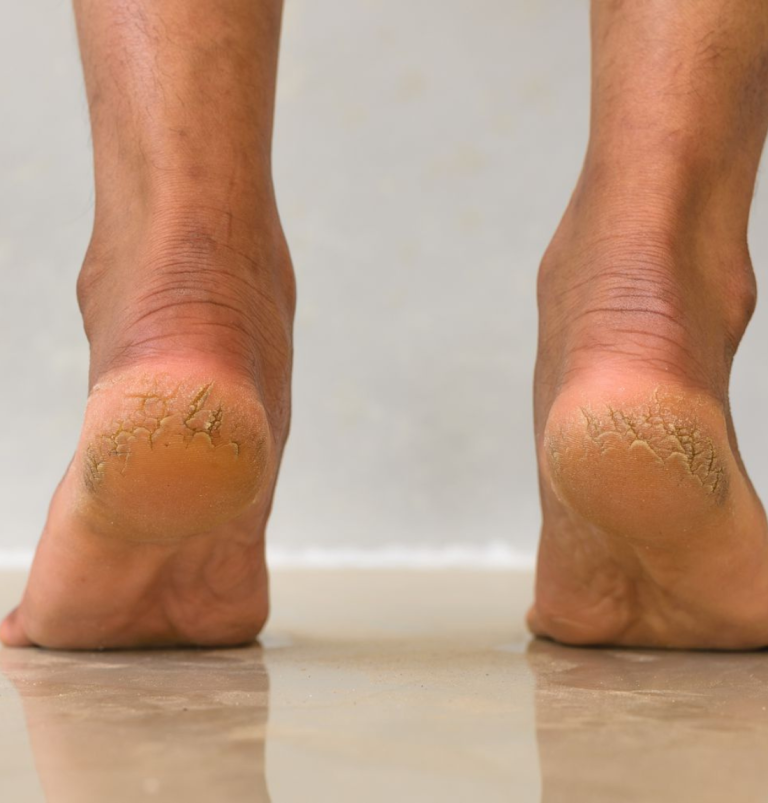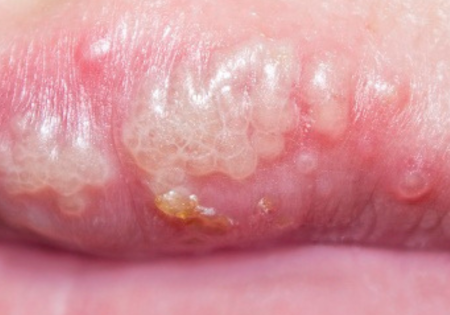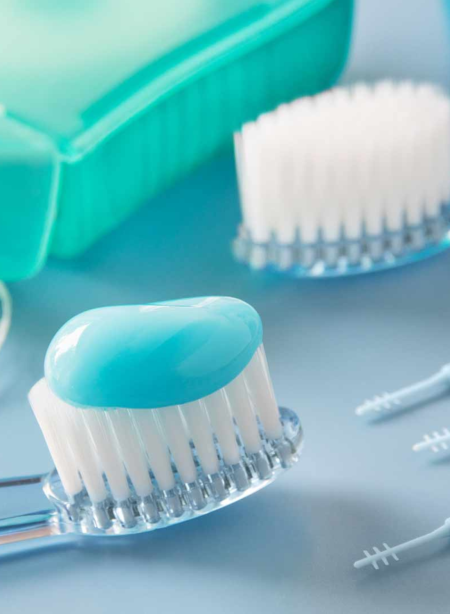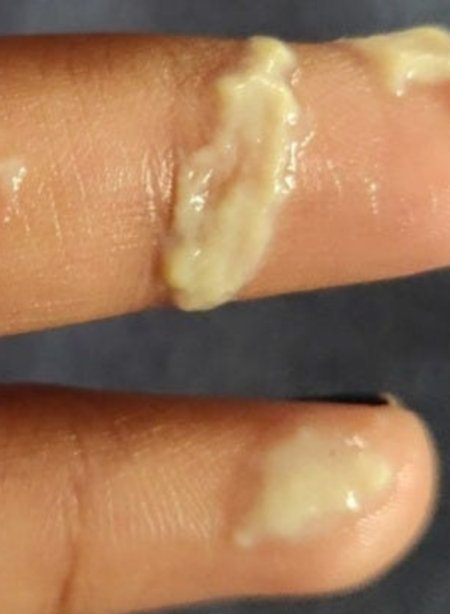Reasons for Heel Cracks:
Absence of moisture: Dryness and cracking of the skin of the heels might result from dehydration.
Over-stress: Prolonged standing or wearing shoes that are too small can put too much pressure on the heels, leading to cracking.
Inadequate foot care: Failing to moisturize and exfoliate the feet on a regular basis can lead to damaged heels.
Medical conditions: Dry, cracked skin on the heels may be a result of psoriasis, eczema, or thyroid issues.
Nutritional deficiencies: Zinc, omega-3 fatty acids, vitamins A, C, and E, as well as inadequate consumption of these important nutrients, might affect skin health and cause cracked heels.
How to Handle Breaking Heels:
Regularly moisturize: To keep the skin hydrated, use a thick, emollient moisturizer or foot cream that contains urea or glycerin.
Exfoliate: To encourage smoother skin, use a pumice stone or foot scrub to gently exfoliate dead skin cells from the heels.
Put on supportive footwear: To reduce pressure on the heels, choose shoes with the right amount of cushioning and support.
Drink lots of water to stay hydrated overall, as this might improve the health of your skin.
Apply foot soaks: To soften and promote healing, soak your feet in warm water that has been diluted with Epsom salts or essential oils.
Think about receiving medical attention: For severe cases of cracked heels, see a dermatologist about prescription lotions or methods like laser therapy.
Prevention Techniques:
Keep your feet clean by giving them a thorough wash and drying them completely, being especially careful with the heels.
Wear socks: The moisture-wicking properties of cotton socks might help protect the skin on your heels from drying out.
Steer clear of wearing bare feet: Walking barefoot increases the chance of developing cracked heels, especially on uneven surfaces.
Use heel cushions: To add additional cushioning and lessen pressure on the heels, place silicone or gel heel cushions inside of your shoes.
Maintain the health of your skin by eating a balanced diet that is high in vitamins, minerals, and healthy fats. This will also help to prevent nutritional shortages.







